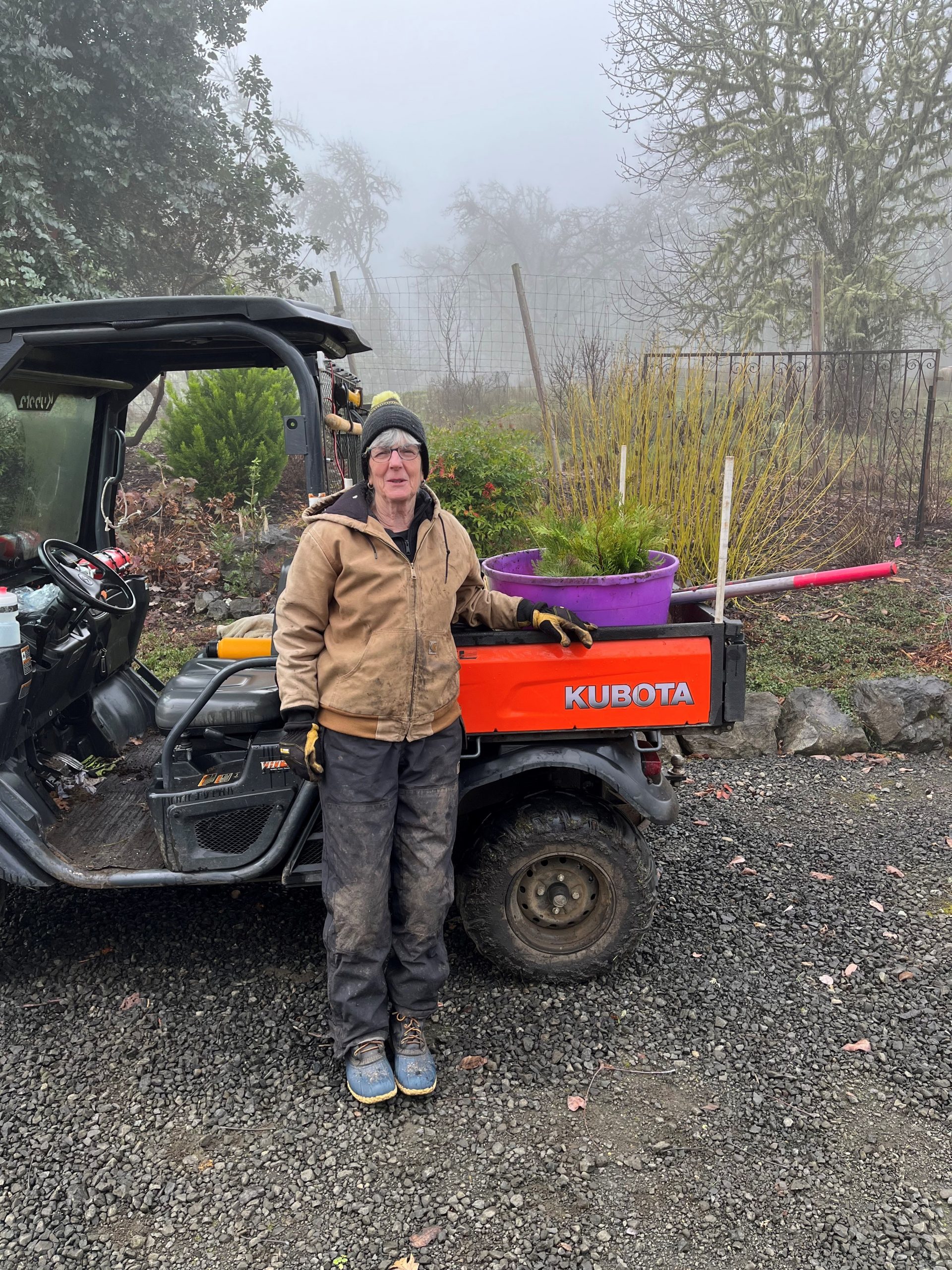Best Practices Guide for Lease Buyout/Optimization Companies
Author’s Note: The following article is written tongue in cheek- I was just feeling a little rambunctious today about the myriad of “strategies” that we come across every day that lease buyout companies, tower companies, lease optimization firms, and wireless carriers use to try to convince landowners to do something that is not in their best interest. Hopefully, this will help at least one landowner realize that they aren’t alone and that they don’t have to make hurried and rash decisions. Please realize that no company does all of these things and not all salespeople at these companies do them.
If I were a company trying to get a landowner to sell a lease, extend a lease without additional compensation, reduce their financial compensation for a lease, or otherwise give consent to adding equipment without compensation, here are the strategies I would use. These are time tested and definitely work. Please note that some of these strategies might not be ethically sound, so please consult with your religious advisor, your attorney, and your company ethics advisor before pursuing them.
First, all of my salespeople would have official sounding titles. I wouldn’t call them salespeople because that suggests that they are trying to sell you something. I would call them a Director even though we have 200 “Directors”. Or I would call them something like Lease Optimization Specialist because that makes it sound like they are trying to help you. Or if I wanted to be straightforward, I would just call them “Money Taker”. I might consider outsourcing all my salespeople as subcontractors so that I have “plausible deniability” when they do something unethical.
Second, I would find out where the landowner lives and works. I would ask them for their phone numbers using official sounding letters that state that the information is required when actually the only reason they want it is to pester you through any means possible. I would get the landowner’s email address, phone numbers, home and business mailing addresses so that even if they found a way to avoid me on one line, I could reach them on another. I would learn their kid’s names and attempt to uncover any skeletons in their closet. I would share my religious beliefs if you are a church landowner and suggest that because I am religious I would never deceive you. (Actually happened)
Third, I would set up a schedule to contact them over and over. Advertising professionals suggest that you need to contact someone eleven times with advertising to get them to notice you- so I would do double that. The first would be a postcard that suggests that we are a wireless company looking to install new antennas in the area. I would make it intentionally vague but promising such as “I am here to give you money, would you like some?” I would then follow up with phone calls until I had the opportunity to speak to the landowner/building owner directly. I would use an auto-dialer because there is no violation of the do not call list if there is a pre-existing business relationship. If a person’s secretary prevents me from talking to them, I would threaten to sue her directly. (This actually happened) If I couldn’t reach them on the phone, I would start mailing them regularly. This would include postcards and emails on a bi-monthly basis first extolling the virtues of my company and then if those failed to work, I would start sending ones that get progressively more aggressive. These postcards would eventually say that if they failed to respond, we would move the tower even if it wasn’t ours and we had no right to move it.
Fourth, I would constantly suggest that there was a drop dead date, even though there never are real drop dead dates. I would make up ridiculous reasons why the next drop dead date was real such as pending mergers or limited amounts of money that I could deploy to purchase leases. Then when they missed the drop dead date, I would call again and say that through my hard efforts, I was able to convince the company to bend “just this one time”. “I might lose my job for this,” I might say trying to pull at your heartstrings. (Yes- this actually happened)
Fifth, when that didn’t work, I would start sending newspaper articles with doomsday titles although I would do so without any explanation on why I was sending the article. “LightRadio Cube will Make All Towers Obsolete Overnight” is what I want the landowner to read into an article that really only says that “LightRadio Cube might reduce the need for future towers”. Or I would gleam onto completely ridiculous articles that have no factual basis such as “Blimps to replace towers”. I would point out every article that suggests that various merger combinations are “guaranteed” to occur. (The Sprint/T-Mobile merger was heavily rumored in 2010.) I would send you doom and gloom articles about how the wireless carriers have to spend billions of dollars to improve their networks, but conveniently choose not to point out that the wireless companies have in the past generated 40-50% profit.
Sixth, I would make aspersions knowing that the average landowner was not capable of confirming or denying them. For instance, one “consultant” suggested that Sprint/Nextel is going to terminate 50,000 of their sites. (Even though they only have 66,000). Or I would tell a landowner that there was a good chance that Nextel was a possible tenant on his tower even though Sprint was on the tower as well. Or I would suggest that AT&T and Cingular still have a lot of terminations to complete from their merger in 2005. I might suggest that I already have a tenant waiting to go should they sign with me even though I really didn’t. Alternatively, I would suggest that we can market a tower company’s tower better than they can even though the tower company has 30 professional salespeople who do nothing other than market towers and we don’t have a single person dedicated to marketing the site. I would do a deal with a national restaurant chain and tell landowners I can readily move their site to the nearest fast food restaurant.
Seventh, I would start calling more and more frequently until I got an answer out of you because I know that you are weaker than I am. If you are smart enough to figure out what number or even the area code you were calling from, I would start using Skype or another VOIP line to disguise my location. Friendly hint: watch out for calls from (949). I would call you at times where you weren’t expecting.
Lastly, when it was clear that I wasn’t able to sell you on what I wanted, I would send an ominous note perhaps copying my SITE RELOCATION OFFICER or my YOU DID IT NOW OFFICER saying that we had discussed the lucrative options that I had provided and that you foolishly have chosen to ignore them. I would ask you to sign this document even though I really never cared if you signed it and you have no duty to sign it. I might get angry at you for wasting all my time until I decided to call you back in six months to start the process all over again.
Even though this post was written tongue in cheek, it does illuminate the sizable advantageous that lease optimization firms, lease buyout firms, tower companies, and wireless carriers have against the average landowner. They do this daily – have people dedicated to perfecting their process. The lease buyout and lease optimization firms can track what pitches work and which don’t. They have the ability to compare notes and do research which is intended to make you the landowner question your own resolve. That is where we come in. We can sort through their suggestions and strategies because we have seen them over and over. We can tell you when to ignore their pleas. There are times when you should sell a lease and times when you should renegotiate your lease downwards. Fortunately, those times aren’t very frequent. We will help you ascertain your best option. We will tell you when it is safe to stop picking up their calls and when you can ignore their letters. We will provide direct and honest guidance because we only work for you.











